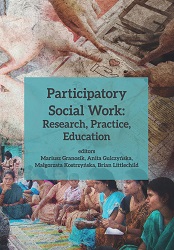
We kindly inform you that, as long as the subject affiliation of our 300.000+ articles is in progress, you might get unsufficient or no results on your third level or second level search. In this case, please broaden your search criteria.

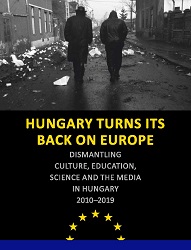
This report has been prepared by independent Hungarian intellectuals who wish to inform the Hungarian and international public as well as European institutions about the severe harm that the Orbán regime governing Hungary since 2010 has caused in the fields of education, science, culture, and the media. The reason for preparing the present report is that the acts of the successive Orbán governments consistently run counter to and consciously violate the fundamental principles, values, and norms of the European Union, not only as regards the rule of law and political and social rights, but also in the case of the cultural areas discussed here. In Hungary, important European values are being jeopardised, including cultural diversity, scientific and artistic autonomy, the respect for human dignity, access to education and culture, conditions for social mobility, the integration of disadvantaged social groups, the protection of cultural heritage, and the right to balanced information, as well as democratic norms like ensuring social dialogue, transparency and subsidiarity. By presenting the activities of the Orbán regime in the fields of culture, education, research, and the media, we provide information about areas little known to the international public. With our report, we wish to draw attention to the fact that an autocratic system has been constructed and consolidated in Hungary with the money of EU taxpayers and with the financial and political support of EU institutions. This system creates a worrying democratic deficit and severe social problems, while it also causes irreparable harm in the fields of education, science, and culture. The authors of the report are leading researchers, lecturers, and acknowledged experts, including several academicians, professors, heads of departments, and a former Minister of Culture. The undertaking was initiated and coordinated by the Hungarian Network of Academics
More...
The study was conducted on a sample of 81 entrepreneurs who hired graduates of the Polytechnic University of Timisoara and measured the strengths and weaknesses of graduates, skills and competencies, the need for continuous professional training, willingness to practice students , the desire to make them responsible and specialize, the collaboration with the University and with the student organizations.
More...
The study was conducted within the project "Development of a multiregional partnership for education and training", contract POSDRU / 165/62 / S / 141123 and analyzed the impact of several alternative forms of employment: apprenticeship, volunteering, internship work / practice at work, distance work, Internet work, part-time employment, casual / day work, work at home / at home, flexible working hours, temporary employment / seasonal work. The target group consisted of the unemployed, jobseekers, people with disabilities, people of Roma ethnicity or coming from orphanages, as well as other people from vulnerable groups. During October-November 2015, a survey of 272 subjects, 3 focus groups and 27 in-depth interviews were conducted within this project.
More...
The study aimed to identify the directions of action and the measures required to attract unregistered unemployed people from western Romania on the labor market. There were 3 focus groups with experts in the field, attended by 60 specialists. They address issues such as: improving the activity of AJOFM, developing collaboration with local public authorities, legislative and social actions, cooperation with schools, economic agents, etc.
More...
The research was conducted in April 2010 on a sample of 189 people who were part of the target group of the project and aimed to evaluate the activity of regional consultants of the National Foundation of Young Managers, the activity of the central team of experts and teachers, the usefulness of theories learned, the advice and managerial advice received, the quality of the teaching materials, the relationship with the other participants, the changes produced among the employers after the involvement in the project.
More...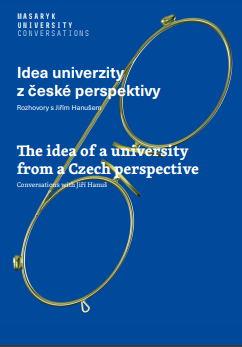








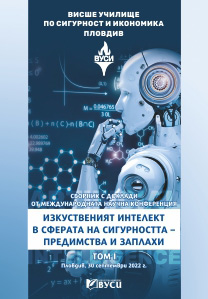
The past years of pandemic have forced the population in every country to a different way of living, working, studying and interacting with each other. The article attempts to analyze and assess the digital skills of the population in Poland during the Covid-19 pandemic. It assesses the situation associated with the educational process from the point of view of teachers, children and their parents, taking into account the circumstances and conditions related to training, including state administration support. It uses data from documents of the Ministry of Science and Education and various publications and data from the Central Statistical Office (CSO) in Poland. Demographic indicators are selected and the structure of the rest is analyzed for the period 2005-2021, and for the covid situation the period 2018-2021.
More...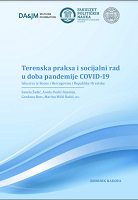
U Federaciji Bosne i Hercegovine od 2015. godine u primjeni je Zakon o zaštiti i postupanju sa djecom i maloljetnicima u krivičnom postupku FBiH19. Zakon predstavlja strateški zaokret i donosi određene novine u oblasti maloljetničkog prijestupništva. Temelji se na rješenjima savremenog krivičnog zakonodavstva, međunarodnim standardima i iskustvima dobre prakse drugih zemalja. Zakonom se utvrđuju posebna pravila postupanja prema djeci koja su u sukobu sa zakonom, mlađim punoljetnim osobama i djeci koja su žrtve ili svjedoci, pri tome poštujući najbolji interes djeteta te omogućavajući da dijete, u skladu sa uzrastom, iskaže svoje interese. Njegova primjena u praksi zahtijeva pravovremenu reakciju i osposobljavanje svih nadležnih organa, prvenstveno stručnih osoba organa starateljstva, odnosno centra za socijalni rad.
More...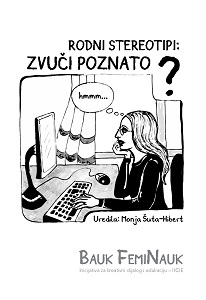
Knjiga „Rodni stereotipi: Zvuči poznato?“ predstavlja veoma korisnu i interesantnu publikaciju koja nas suočava s predrasudama kreiranim oko pojmova roda i feminizma. U dvanaest tekstova prikazano je kako rodni stereotipi egzistiraju unutar društvenih i ideoloških matrica, ali i kako oni, u svakodnevnim i konkretnim situacijama, postaju sastavnim dijelom naših vlastitih zabluda. Realnost i konkretna patnja, koje se mogu prepoznati u brojnim navedenim životnim situacijama i pričama, djeluju kao žestok podsjetnik na teške i bolne sudbine žena na ovim prostorima, ali i kao koherentan i stručan materijal za edukaciju u oblasti rodnih studija i proučavanja rodnih stereotipa. U tom kontekstu, vrijednost ove knjige jest što na jednostavan način, prikazujući realne situacije, uključuje čitaoce u prepoznavanje takvih situacija te ih ujedno senzibilizira na pružanje otpora prihvaćenim i etabliranim rodnim stereotipima.
More...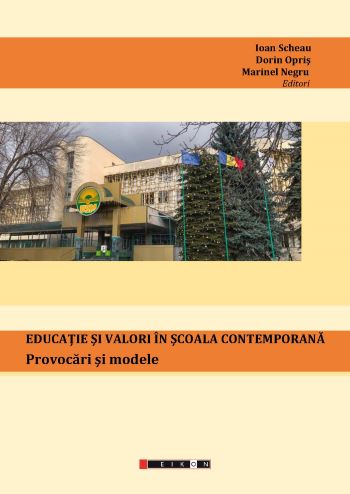
The claim of morality in the existence of individuals and groups is a natural constant of all times. The materialization of moral conduct requires both subjective instances established at the level of each individual (such as moral conscience) and external benchmarks. The present study finds out the diversity and complementarity of external sources for optimizing the regulation of moral agents’ actions: regulatory documents (such as codes of ethics/ deontology/ codes of conduct or behaviour), individuals or groups of individuals responsible for supervising/ supporting the moral and ethical quality of professional activities (such as ethics counselors or ethics committees), institutions and their actions. In addition, the study points out the characteristics of some sources of optimization, respectively, of the ethics counselor, integrity advisor, the ombudsman, according to the provisions of the Romanian legislation. The components shown are also relevant to the sphere of educational action.
More...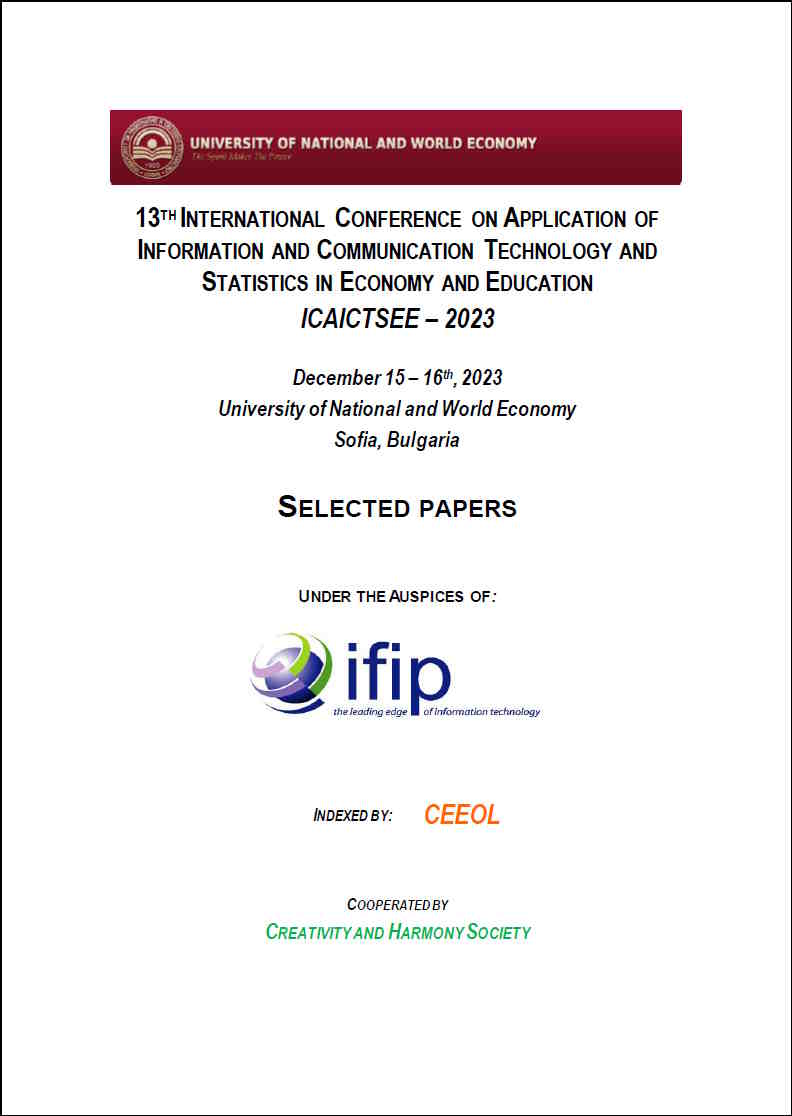
The present study is devoted to the problems related to the selection and implementation of digital educational platforms. The process is complex and difficult and very much depends on benchmarking. In order for this analysis to be effective, it is necessary to define the requirements for the software tools in advance. In conclusion, conclusions from the empirical analysis are formulated.
More...